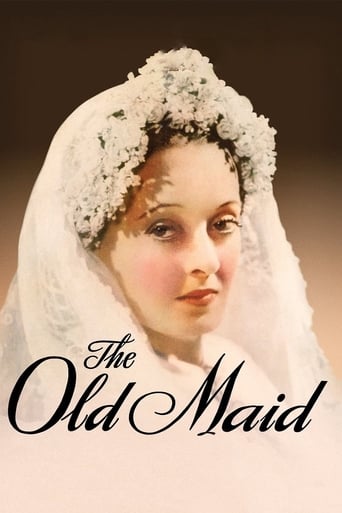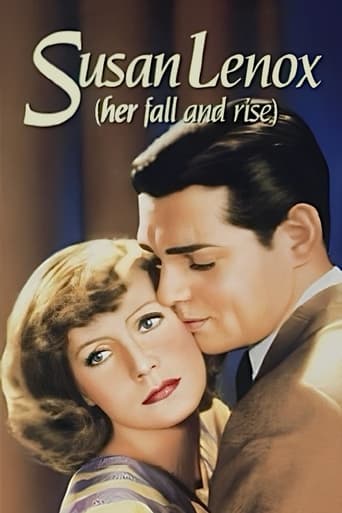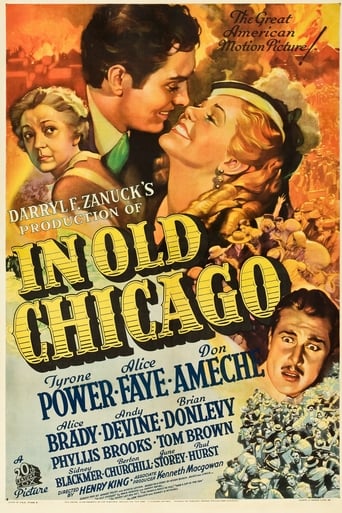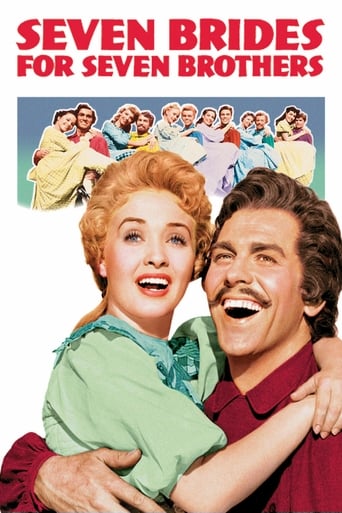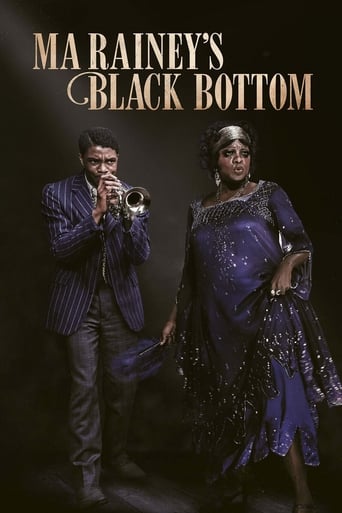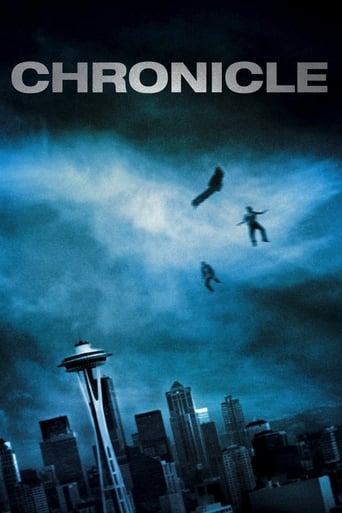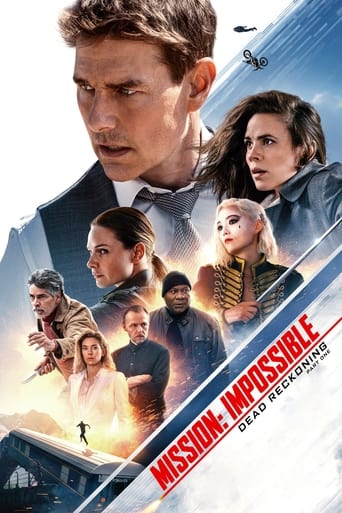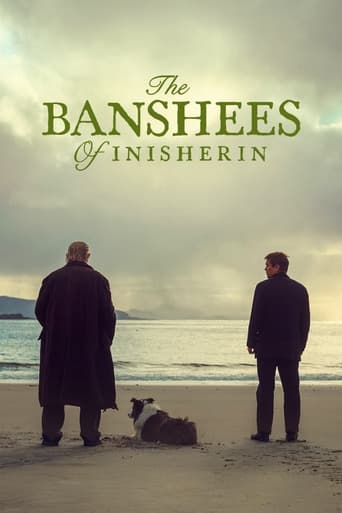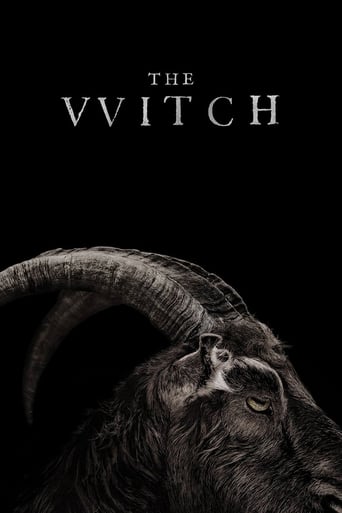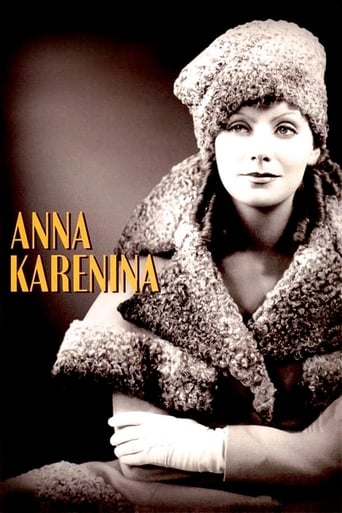


Anna Karenina
In 19th century Russia a woman in a respectable marriage to a senior statesman must grapple with her love for a dashing soldier.
-
- Cast:
- Greta Garbo , Fredric March , Freddie Bartholomew , Maureen O'Sullivan , May Robson , Basil Rathbone , Reginald Owen


Similar titles
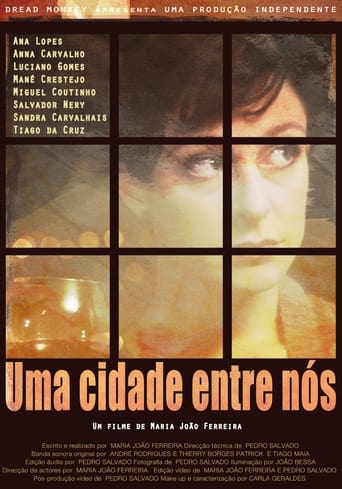
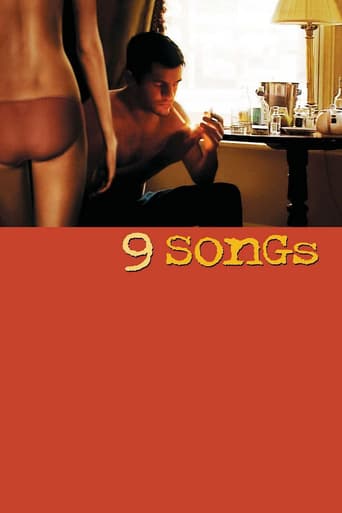








Reviews
Thanks for the memories!
Good idea lost in the noise
A Brilliant Conflict
This is a small, humorous movie in some ways, but it has a huge heart. What a nice experience.
Producer: David O. Selznick. A Clarence Brown Production. Copyright 20 August 1935 by Metro-Goldwyn-Mayer Corporation. New York opening at the Capitol: 30 August 1935. London opening: 19 October 1935. U.K. general release: 4 January 1936. Australian release: 6 November 1935. 9 reels. 95 minutes.SYNOPSIS: Russian noblewoman deserts her husband and child for a dashing cavalry officer.NOTES: Although not nominated for any Academy Awards, Anna Karenina was voted Best Foreign Film of 1935 at the Venice Film Festival, and Greta Garbo was named Best Actress of the year by the New York Film Critics' Circle. A remake of Love (1927), photographed by William Daniels and directed by Edmund Goulding from an adaptation by Frances Marion. John Gilbert played Vronsky, Brandon Hurst was Karenin, and Garbo of course played Anna Karenina. COMMENT: Clarence Brown's masterpiece and my choice as one of the greatest films of all time. Back in 1967, when I wrote a detailed account of Anna Karenina for a well-known film magazine, I described Brown's "Shall we go in for dinner?" opening crane shot at the banqueting table as the most famous and most daring single shot in all film history. No-one dared to challenged this assertion at the time and I still believe it is true today. I also pointed out that, although most critics were only too eager to draw attention to this particular camera feat, they tended to under-rate Brown's achievements in the rest of the film. In point of fact, the same skills, the same inventiveness, the same artistry are evident throughout. Who could forget some of the effectively symbolic sequences like our first glimpse of Garbo as, disembarking from the train, she suddenly emerges through a cloud of steam? Or the scenes of Garbo and March, on their return journey to St Petersburg, silhouetted against the windows of the speeding train as it traversed a series of bleak plains with the sun setting low over distant hills? Purists will argue that the movie has simplified the book by concentrating all our attention on the Garbo-March romance and neglecting other elements. While this is true to some extent, it's really an inevitable part of the process of translating a sprawling two-volume novel to the screen. Oddly, the main condensation is one of change rather than elimination. All the major players in the novel are presented in the film, but the character of Karenin has been demonized. In the novel, he is a far more complex person: lonely, well-meaning, exasperating, vacillating, pompous, frightened, almost amiable. The movie portrait homes in on his pompous mannerisms and presents him as a cold, unloving and unlovable person. Ideal casting for Basil Rathbone, in fact, who relishes such lines as his advice to his young son: "Unhasting and unresting is my motto. It should be your motto too." And his statement to Garbo: "I am concerned only with appearances." When Anna Karenina was re-issued in the late 1950s, a lot of the critical buzz centered around Phoebe Foster and Sir Gyles Isham, both of whom give mighty impressive performances, the former as Dolly, the latter as Levin, the impressive Tolstoy-like figure who comes into conflict with Vronsky over the flighty Kitty (spiritedly played by Maureen O'Sullivan). Both Foster and Isham had only short careers in the cinema. Both appeared in only eight talkies each. Both made their greatest marks on the stage, Isham at London's West End where he became the talk of the town in Family Affairs, Foster on Broadway. It's said that Garbo herself requested the aristocratic Isham for the role after seeing one of his British films. Be this as it may, Anna Karenina proved to be the high point in his film career. Foster's too. (Metro-Goldwyn-Mayer executives were also impressed with Isham, and offered him a five-year contract. He declined because he felt he was needed back in England to help his father, Sir Vere Isham, who had never recovered from a serious motor accident and was almost an invalid. The only other film in which we can currently see Isham is Victor Saville's The Iron Duke in which he has a small role as Castlereagh. It would be nice to see one of Gyles' starring British films, particularly his first, Anne One Hundred (1933), a Paramount picture in which he co-starred opposite the lovely Betty Stockfeld). Every critic also has a good word for the superb cinematography of Garbo's hand-picked cameraman, William Daniels. But not so many take time to praise the background music composed by Herbert Stothart. They take it for granted (which is itself a compliment). I love Stothart's tinkling bells effect when the chandeliers are being lit. Also most effective is the dramatic combination of music and sound effects as the train gathers speed at the conclusion. Best of all is his underscoring of the quarrel scene between March and Garbo. As his martial music fades into the bitter-sweet Anna theme, Garbo exclaims softly, "I face the truth."-"What truth?" asks Vronsky.-"That one day I shall find myself alone."
I found this portrayal of the classic, tragic love story far stronger than the 1948 version starring Vivien Leigh.Garbo carries a lot more gravitas in the role of a woman who is suicidally depressed in her marriage to an icy, wealthy government minister for whom nothing matters so much as reputation.What was Anna thinking when she took notorious playboy Vronsky as her lover? This perceptive soul must have sensed how her conventional spouse would respond. The scenes between Anna and her son Sergei are amazing to watch. Their affection is deeply believable. As a parent, it's hard for me to grasp how Anna could place romantic love over contact with a child so beloved. Does she really think the count will compensate -- even in Venice? AS IF!!!! Anna had the best couture, and magnificent coiffure, but they did nothing to shield her from pernicious gossip. Nor were psychologists yet around to stimulate insight and perspective. Thank God, people nowadays have access to all kinds of support and assistance!While Garbo was perfect in the lead here, and this version of the story excelled at portraying camaraderie within the military ranks, the casting of Vronsky was less satisfying. Frederic March is a significant talent, but he lacked the sex appeal to be convincing as Moscow's most eligible bachelor. (To show him massaging his conscience in the film's final frame detracted from the story's gut-wrenching finale.)And Basil Rathbone conveyed a requisite chill as Karenin but he too lacked believability. Perhaps his character evinces more depth in the book. (I think it's time I read it!) In all, this was a powerful production. It will be interesting to see how more modern versions compare.
Tolstoy's novel Anna Karenina is a truly great one, with an interesting story and memorable characters. True, the title character can be selfish and unlikeable(though I have heard and still hear similar criticisms directed towards Scarlett O'Hara from Gone with the Wind), but she is also a moving and interesting one.I have yet to see the Vivien Leigh and the Jaqueline Bisset versions, but while it is very condensed compared to the book, I liked this film. Why do I say it is condensed? Well the film has been described as pretty much paring the plot down to the bone, something which I have to agree with. And there are subplots that are completely eliminated here. Despite me saying this, that is not really one of the reasons why I didn't give Anna Karenina a perfect score.One reason is that I feel the film is too short and a tad rushed as well. If they had slowed the pace down and made it longer, the more interesting parts of the story that were left out could have been incorporated without that much of a problem. My other problem is to do with one casting choice. Sadly that choice is Fredric March as Vronsky. Now I am not dismissing March as a bad actor, on the contrary, I thought he was outstanding in the title role of Dr Jekyll and Mr Hyde. However, his Vronsky left me cold, while he was dashing in terms of looks I found him rather stiff and ill-suited to the role, not to mention Vronsky is very Americanised here.However, Anna Karenina is gorgeous to watch. The cinematography, stunning. The scenery, breathtaking. The costumes, colourful and ravishing. Anna Karenina also has the benefit of being richly scored and the music is very pleasant and memorable and does give some dramatic weight. The direction is solid, and the script is intelligent and sophisticated. Aside from March, everyone else in the cast is very good. Greta Garbo has been considered by many as the definitive Anna Karenina, although I have to see other interpretations before I agree with or dispute this opinion, I cannot deny she is wonderful in the role. Very passionate and moving. Freddie Bartholomew is also surprisingly effective as Sergei, but the acting honours actually go to Basil Rathbone who is just superb and truly magnetic as Karenin- this role could have been clichéd but Rathbone adeptly gives it some depth and multi-layers. And I have to give a nod to the final station scene thanks to Garbo and the camera work that scene had a real dynamic sheen to it and is incredibly poignant.All in all, definitely worth watching and very solid. 8/10 Bethany Cox
In response to the "Sexist mother Russia" people out there, I want to say, why is it sexist to condemn a so-called loving mother for abandoning her sweet child for her own selfish satisfaction? Let's face it, mothers are generally more attached to their children, so when one tosses the kiddie aside for "love", what does that say? Sorry Anna, no sympathy from me. Garbo is so often playing an unsympathetic, selfish woman in her roles that I can't care about her fate. Makes it easy to watch her croak. Garbo is gorgeous here, but so is her little boy. Their scenes together are painful to watch, but it is for HIM that I feel. Not her.

